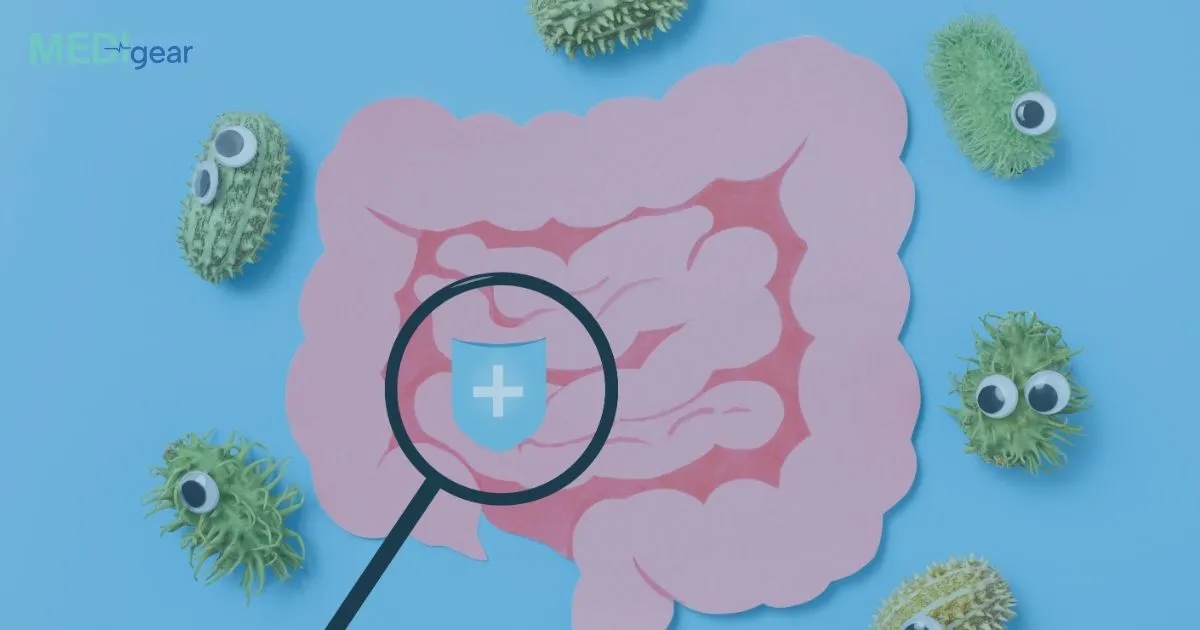Implantable health devices are steadily moving from futuristic concepts to real-world medical solutions. From pacemakers to smart biosensors, these devices are transforming how we monitor, treat, and prevent diseases. As healthcare becomes more personalized and technology-driven, implantable devices are expected to play a central role in improving patient outcomes and quality of life.
Current Landscape of Implantable Devices
Today, implantable health devices are widely used for:
- Cardiac support (pacemakers, defibrillators, heart monitors)
- Neurological conditions (deep brain stimulators for Parkinson’s disease, epilepsy control devices)
- Orthopedic and prosthetic support (cochlear implants, artificial joints)
- Drug delivery systems (insulin pumps, pain management implants)
These devices already provide lifesaving interventions and improved patient monitoring.
The Future of Implantable Health Devices
1. Smart Biosensors for Continuous Monitoring
Future implants will feature advanced biosensors capable of real-time tracking of vital biomarkers like blood glucose, oxygen saturation, and electrolyte levels. These sensors will send live data to healthcare providers, enabling proactive care and early detection of complications.
2. AI-Powered Implants
Artificial intelligence will make implants adaptive and predictive. For instance, AI-enabled pacemakers could adjust heart rhythms dynamically, while brain implants may personalize stimulation based on neural activity patterns.
3. Wireless and Battery-Free Technology
Energy harvesting from body heat, movement, or wireless charging will eliminate the need for frequent battery replacements. This will reduce surgical interventions and extend device lifespan.
4. Drug-Eluting and Therapeutic Implants
Implants may serve as both monitors and treatment platforms. Imagine a cancer implant that releases chemotherapy drugs directly into a tumor, reducing side effects while maximizing treatment effectiveness.
5. Biocompatible and 3D-Printed Materials
Future devices will leverage biodegradable, flexible, and 3D-printed materials that integrate seamlessly with body tissues. This will minimize rejection risks and allow for more personalized device designs.
6. Brain–Computer Interfaces (BCIs)
Cutting-edge implants will bridge the human brain and external devices, offering potential solutions for paralysis, memory loss, or even communication through thought. Tech companies and medical researchers are already pioneering BCIs, and clinical applications may become mainstream within the next decade.
7. Integration with Digital Health Ecosystems
Implants will be part of a broader connected care system, syncing with smartphones, cloud platforms, and hospital databases. This ensures patients and doctors have access to comprehensive, real-time health data.
Potential Benefits
- Early disease detection
- Reduced hospital visits
- Improved chronic disease management
- Personalized therapies
- Enhanced patient independence and quality of life
Challenges Ahead
- Cybersecurity risks: Protecting implants from hacking will be critical.
- Regulatory approval: Devices must undergo rigorous clinical testing and approvals.
- Ethical considerations: BCIs and advanced implants raise privacy and autonomy questions.
- Accessibility and cost: Ensuring affordability for wider patient populations will remain a challenge.
Conclusion
The future of implantable health devices is promising, with potential to revolutionize patient care by blending biotechnology, artificial intelligence, and digital health ecosystems. As the technology advances, it could transform healthcare from reactive to predictive, preventive, and personalized.
Disclaimer
This blogpost is intended for informational and educational purposes only. It does not constitute medical advice, diagnosis, or treatment. For any health-related concerns, readers should consult a qualified healthcare professional.






